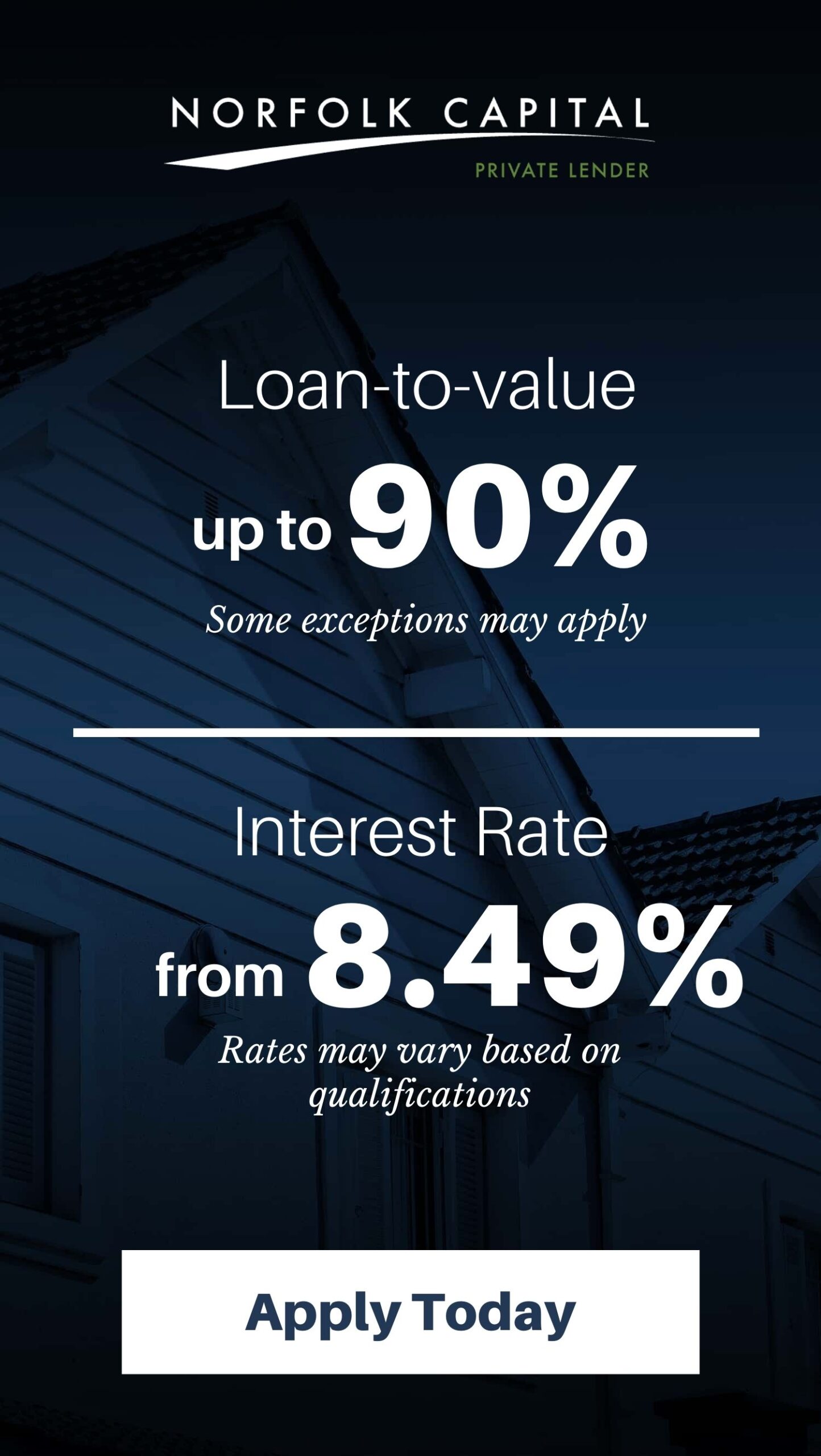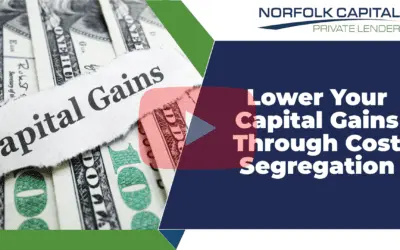Inflation good or bad? How does inflation affect your real estate
Written by Norfolk Capital
January 10, 2022
Inflation rates are at historic highs in the United States and elsewhere around the globe. Anyone who has been to the gas pump or the grocery store in the last few months knows this is true. With prices rising, you might think that this is good for your real estate investments. However, it’s not quite that easy. Inflation can have mixed effects on real estate prices and financing.
How inflation affects real estate investing
1. The value of your property is likely to increase.
The good news is that with inflation, the value of your property and the amount you are able to get in rental income is likely to increase. While real estate values and rents generally do not increase by the same percentage as consumer goods like milk, gasoline, and lumber, they do increase with inflation.
2. Interest rates are likely to rise.
In most cases, interest rates rise during periods of high inflation. This is one of the US government’s most effective tools to curb inflation. When interest rates rise, consumers are less likely to purchase high-ticket items like cars, appliances and homes. That reduces demand, which gradually reduces inflation.
However, for real estate investors, that also means that the price of investment loans increases, making it more expensive to finance a real estate purchase.
3. Your existing debt becomes cheaper (when adjusted for inflation)
If you have an existing, fixed-rate mortgage before inflation hits, the money you are paying in interest just got a lot cheaper in real spending terms. For example, if you are paying 3% interest and there is a 3% rate of inflation each year, the money you are paying each money is less expensive when compared to what that money will purchase in the overall consumer marketplace.
4. There will likely be less demand for real estate properties.
Rising mortgage interest rates generally cause the demand for real estate to slow down. This is for two reasons. First, the price of a new mortgage gets more expensive, meaning that your buyer will have to pay more each month for his or her home than they would have had to pay previously. Secondly, for investors, there is more competition from other types of investments. Savings accounts, bonds and CDs are going to be offering more to investors as interest rates rise, making some potential real estate buyers choose to put their money in these products rather than a property.
To learn more about buying and selling property in this challenging market, contact Norfolk Capital. We’ve been helping real estate investors like you make their investment dreams a reality for more than 20 years.
Related Articles
Construction Loan: Which Type is Best for Me?
Choosing the right construction loan is a crucial step in turning your vision into reality. We help you find the best alternative in Boston.
Lower Your Capital Gains Through Cost Segregation
As a real estate investor, you likely understand the importance of maximizing your profits and minimizing your taxes. One way to do this is through cost segregation, a tax strategy that involves identifying and reclassifying certain building components as personal...
How To Handle Taxes on Your Rental Income
Receiving that monthly rental income feels excellent. You worked hard to get where you are today and now own properties and collect the monthly income. Taxes come into the picture wherever there's income generated by something you own, and a proper strategy to deal...




